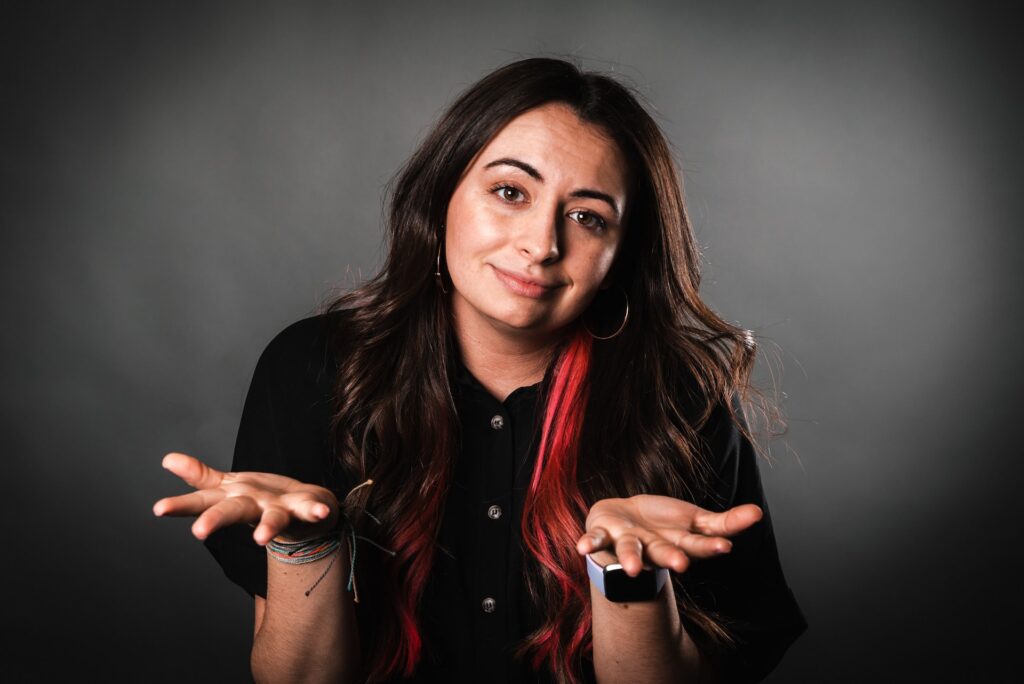
“My anxiety doesn’t come from thinking about the future but from wanting to control it.” – Hugh Prather
According to the World Health Organization (WHO), nearly 300 million people worldwide suffer from anxiety disorders. Anxiety is one of the most common mental health issues, and it has been referred to as a “silent epidemic.” According to the World Health Organization, one in every six people will suffer from a mental health problem such as anxiety each year, and this figure is steadily rising. In addition, anxiety and panic attacks are becoming more common, with many people going undiagnosed and untreated.
The way anxiety manifests itself hasn’t changed much over the centuries. People are still plagued by the same types of anxiety as that of our ancient ancestors. We still experience many traditional causes of anxiety such as poor health, difficult relationships, unemployment, poverty and disadvantage, loneliness, work stress, and exposure to violence, trauma, and conflict. Some of these traditional sources of anxiety are becoming more prevalent in today’s world. These include loneliness; relationship factors such as divorce; violence and abuse, including child abuse and neglect; and increased work hours and higher levels of stress (Davey, 2018). Additionally, anxiety is rising among children due to increased systematic educational testing, which exposes children to the possibility of failure at an ever-earlier age.
According to a study by the American Psychiatric Association (APA), millennials were found to be the most anxious generation. So, why are millennials so anxious and fearful? According to a Deloitte survey, millennials worldwide are most concerned about their finances and careers. According to the survey findings, millennials frequently experience anxiety when their sense of security is shaken by such things as church scandals, government corruption, terrorist attacks, child abductions, murders, and celebrity deaths. Furthermore, the role of intensive parenting has been mentioned as a contributor to the rise in anxiety. Millennials have been found to be less independent, to have poor coping skills, and to stay in school and at home for longer periods of time (Bethune, 2019). The rise of recreational drug and alcohol use among millennials has been shown to exacerbate and trigger anxiety and panic attacks. The effects of alcohol and drug use on serotonin and other neurotransmitters in the brain can intensify anxiety. Drug and alcohol use can exacerbate nervousness, agitation, insomnia, irritability, and obsessive fears. After the effects of the drug or alcohol wear off, people tend to feel more anxious.
Modern technology has provided some entirely new sources of anxiety for people today. Anxiety has increased as a result of high expectations and pressure to succeed. Social media has had a detrimental or unhealthy effect on people by convincing them that they can have it all: the ideal body, a high IQ, wealth, positivity, and happiness. As a result, many people are plagued by perfectionism, excessive expectations, a harsh inner critic, and an obsessive need to achieve due to social comparisons. Social media has been linked to social anxiety and loneliness, and it can cause feelings of disconnection when we see what appear to be the wealthy lives and social successes of others. In addition, anxiety has reached epidemic proportions, to the point where the World Health Organization has acknowledged that the crisis is causing stress and advised people to avoid watching, reading, or listening to news that causes anxiety or distress (Sherwood & Murray, 2020).
Finally, it’s no surprise that so many of us feel stressed when we live with worry and anxiety in the midst of global uncertainty. However, even though anxiety is on the rise around the world, we don’t have to let it rule our lives. Anxiety is not a life sentence; instead, it is the first step towards a solution, as it is the most treatable and manageable of all mental health problems. You can learn to manage your anxiety and stop it from taking over your life with the right support.
My Practice provides affordable counselling and all profits are reinvested into the organisation to continue providing low-cost counselling and mental health services to our community. If you’re interested in scheduling a free 15-minute consultation with us, book online today.
Sources
Bethune, S. (2019, January). Gen Z more likely to report mental health concerns. Retrieved from https://www.apa.org/monitor/2019/01/gen-z
Davey, G. (2018). Is there an anxiety epidemic? | psychology Today. Retrieved from https://www.psychologytoday.com/us/blog/why-we-worry/201811/is-there-anxiety-epidemic
Sherwood, H., & Murray, J. (2020, March 13). Anxiety on rise due to coronavirus, say mental health charities. Retrieved from https://www.theguardian.com/world/2020/mar/13/anxiety-on-rise-due-to-coronavirus-say-mental-health-charities